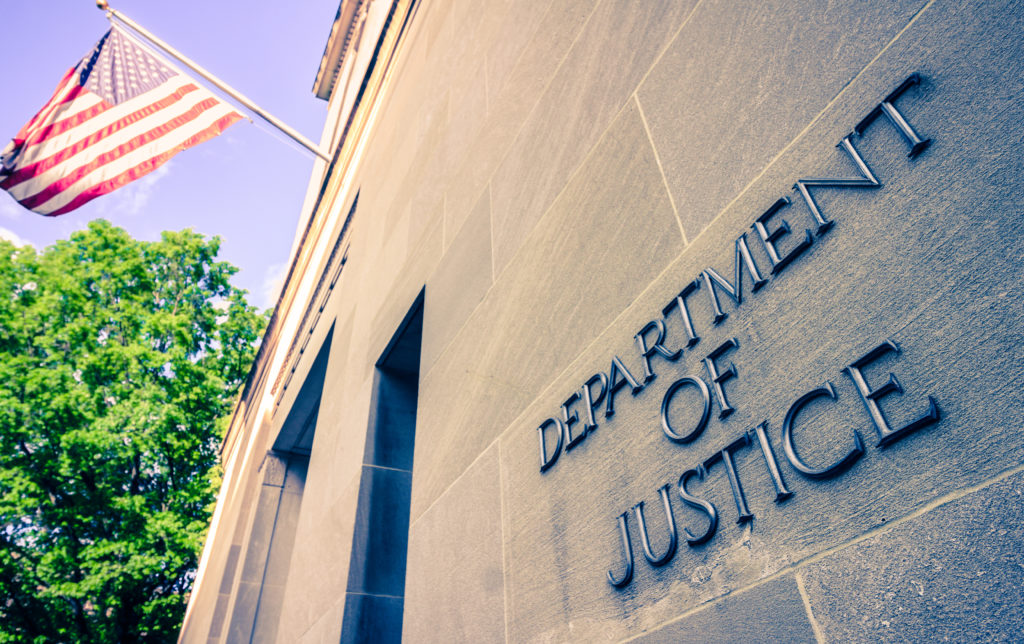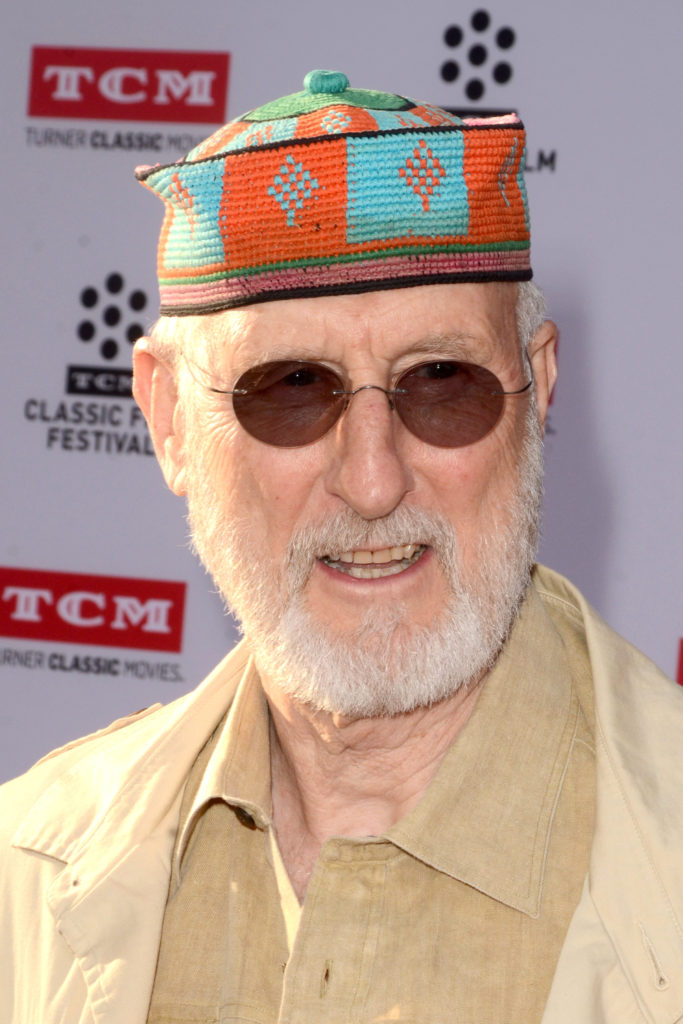If he had known the threat dairy products would face in the 21st century, Ray Bradbury may have written his cautionary novel on a different subject. In a February 8 press release the misnamed Physicians Committee for Responsible Medicine urges the Federal Trade Commission for censorship – not on books – but on cheese by comparing apples to (tobacco-laced) oranges:
Just as it protects children from tobacco advertising, the Federal Trade Commission should safeguard young people from the food industry’s aggressive million-dollar ad campaigns pushing pizza, cheeseburgers, and other unhealthy food products.
This statement is in keeping with PCRM’s animal-rights agenda. (The group has previously compared cheese to crack cocaine.) Unfortunately, Gouda and cheddar are not the only targets on the food police’s latest black list. In today’s Pittsburgh Tribune-Review, economics professor Ralph R. Reiland satirizes (we certainly hope he’s joking) these preposterous proposals:
It’s the public’s business, in other words, if you’re too fat. A generously proportioned physique equals less gas mileage, more oil imports, and more money exported to al-Qaida … With socioeconomic impacts on the table, there’s nothing on one’s table that isn’t everybody’s business, nothing that’s beyond the reach of the planners, the regulators and the socioeconomic administrators.
Reiland cites the fanatical efforts of renowned meal militantsJohn Banzhaf and Kelly Brownell who want to (as Brownell has said many times before) "get away from these arguments about personal responsibility." He outlines actual initiatives which trumpet Big Brother over consumer choice such aslegal suits against food companies, doctors and parents, mandatory closing times for conveniences stores and additional taxes on calorie-dense foods. A proposed income tax based on scales instead of salaries even brings the Internal Revenue Service into the mix:
The IRS could just weigh taxpayers and charge them by the pound … Charge a 300-pounder making $50,000 twice as much as a 150-pounder with the same income and the fatso will have plenty of incentive to shed some pounds and expand America’s fuel efficiency.




